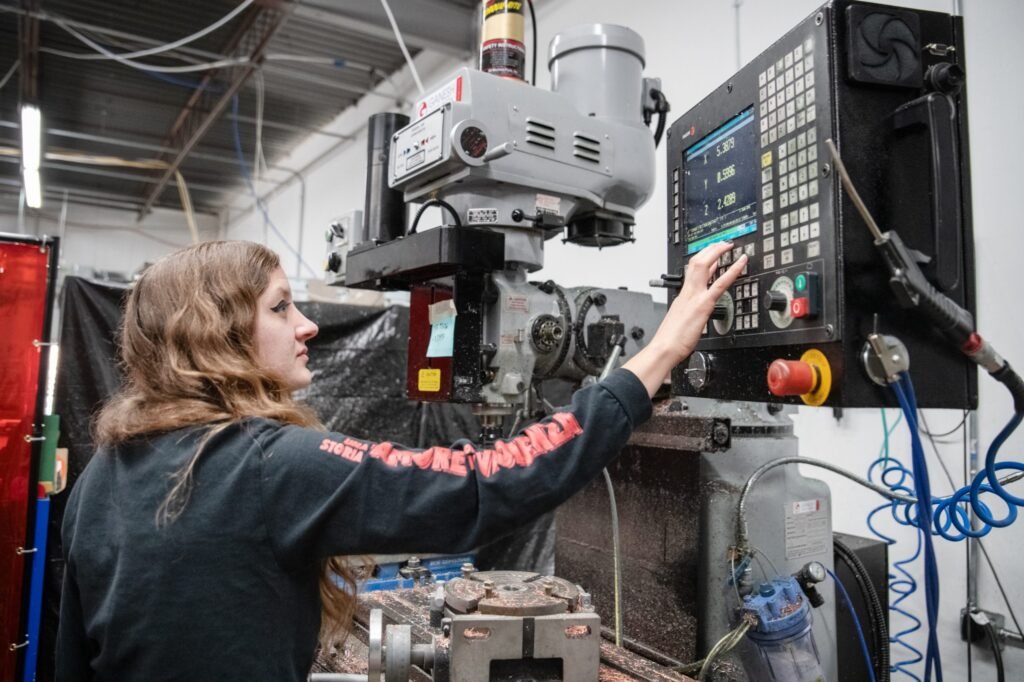Colorado has won a $40.5 million federal grant for quantum technologies to help position the state as a global hub for the emerging field, Gov. Jared Polis announced Monday. The grant is one of 12 awarded after a fierce competition for U.S. funding.
Polis said the award solidifies Colorado’s leadership in quantum computing, which relies on supercooling operations at the atomic level, and will benefit from a $74 million state tax credit passed in anticipation of the federal grant, which could attract billions of dollars of private and partnership investment into a sector that already employs thousands of people in Colorado, Polis said.
“America is rightly betting on the future of computing, and Colorado is that bet,” Polis said, “and we’re going to make sure that bet pays off, not just for Colorado, but for the entire country and beyond.”
Colorado economic development and technology officials had positioned the state’s large lead in quantum research as the most promising path forward when the state joined nearly 200 applicants nationwide seeking federal grant funding from the Commerce Department’s Regional Innovation Hubs program. The hubs were established as part of the bipartisan CHIPS and Science Act of 2022.
Applicants sought funding for one of 10 technologies designated as key to future U.S. research and development. Colorado applied for up to $75 million in additional federal funding in February, months after the Biden administration designated the state an official technology hub for quantum computing.
A group called Elevate Quantum has formed a consortium of private quantum companies, investors, startups and universities, including the University of Colorado and the Colorado School of Mines. At least three companies in the Boulder area are building their own quantum computers to provide more quantum bits, which are like computer data. Officials say the quantum industry could bring $3 billion to Colorado over the next decade, plus jobs for 30,000 future workers at various education and training levels.
Colorado’s enthusiasm for quantum technology has been further bolstered by a recent trade mission to Finland, Polis said Monday. The Scandinavian nation is an international leader in quantum technology and with which Colorado has a memorandum of understanding on research.
“We certainly wanted to ensure that our country did not cede leadership in this field to the rest of the world,” Polis said, “and with this decision, we are making a clear statement that the United States is serious about being a leader in quantum technology, and Colorado is the place to invest and make it happen.”
Obtaining the additional funding would put into effect House Bill 1325, which the Legislature passed this year, and would provide up to $74 million in state tax credits to the quantum industry. The fully refundable tax credits could be used to offset the costs of building shared quantum facilities or by financial institutions that lend to quantum companies if they incur losses on their loans.
Quantum, the science of atomic-level probability and the technology that speeds up complex computer calculations, has a long history in the Boulder area. In the 1950s, the National Institute of Standards and Technology chose Boulder to host its research facility. Needing the most precise and sensitive measurements in the world, NIST needed quantum measurements, and later partnered with the University of Colorado to form the Joint Astrophysics Laboratory in 1962.

